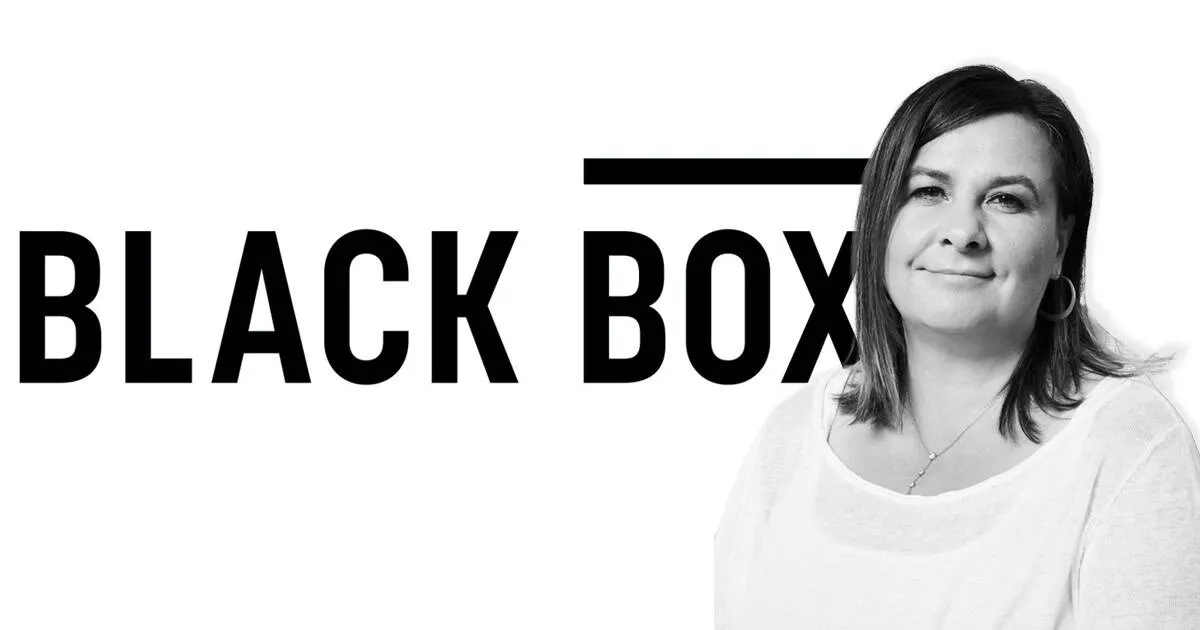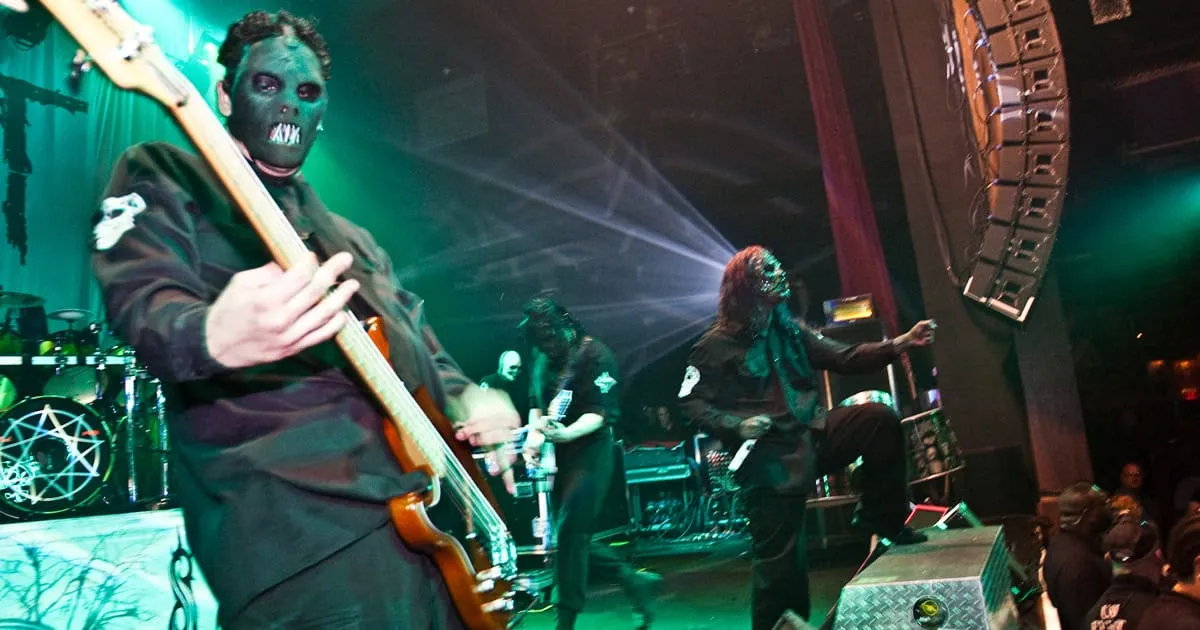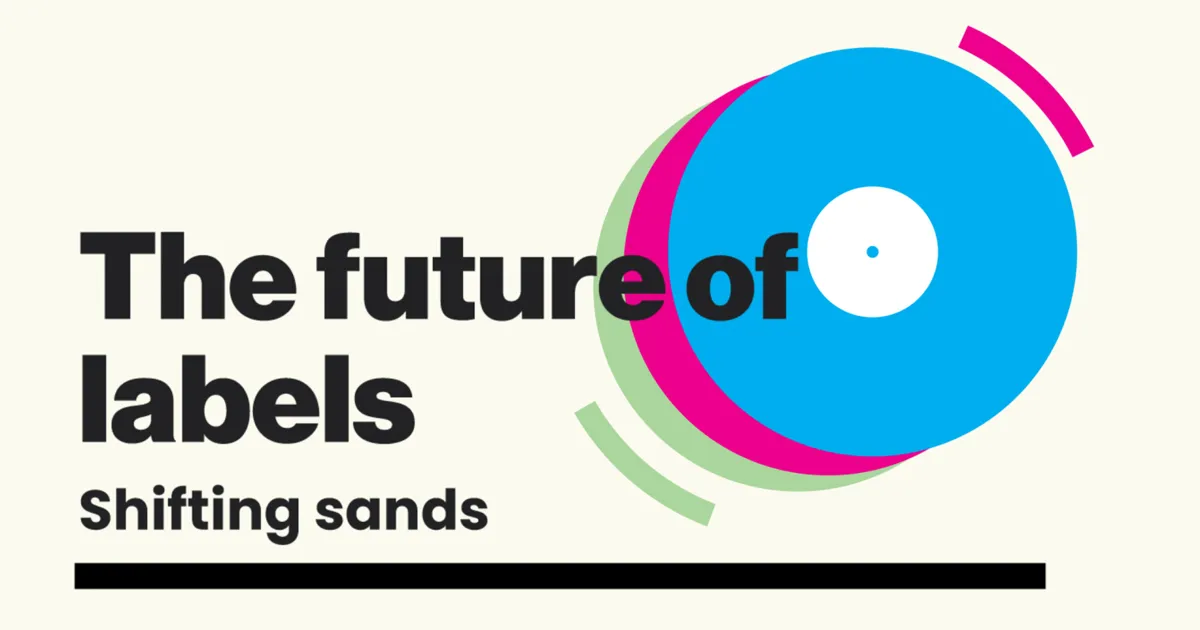By Mike Masnick of Techdirt.
Yet another story of hypocrisy by the recording industry? Why yes, indeed. For years now, we've been covering the issue of pre-1972 sound recordings. When Congress wrote the 1909 Copyright Act, it did not cover sound recordings, because Congress didn't think that sound recordings qualified for copyright. In a statement released by Congress with the Act, it said it deliberately chose not to cover sound recordings, believing that they weren't covered by the Constitutional limitation on "writings" for copyright protection:
Indeed, the report released with the Copyright Act expressly stated that Congress did not intend to protect sound recordings: "It is not the intention of the committee to extend the right of copyright to the mechanical reproductions themselves, but only to give the composer or copyright proprietor the control, in accordance with the provisions of the bill, of the manufacture and use of such devices." According to one commentator, Congress had two principal concerns about sound recordings, leading it to decline to protect them. First, Congress wondered about the constitutional validity of such protection. The Constitution allows Congress to protect "writings," and Congress was uncertain as to whether a sound recording could constitute a writing. Second, Congress worried that allowing producers to exclusively control both the musical notation and the sound recording could lead to the creation of a music monopoly.
That latter concern certainly was prescient. When Congress did a massive overhaul of copyright law in 1976, the recording industry was a much more powerful lobby, and so sound recordings were included. However, in the years between 1909 and 1976, many states had created their own (often bizarre) "state" copyrights to protect recordings. Rather than deal with this in an intelligent way, Congress basically said the new federal copyright rules would only apply to songs recorded in 1972 or after, and pre-1972 recordings would remain in a bizarre limbo. This has created a whole host of legal issues, and the Copyright Office has been trying to figure out what to do about this for years.
However, it appears that the recording industry would like it both ways. When it's to their advantage, they claim that pre-1972 recordings should be treated just like modern song recordings. And when it's not to their advantage, they insist that pre-1972 recordings should be treated wholly differently. In various hearings about the issue, the RIAA has been one of the most vocal in arguing against treating pre-1972 recordings as if they're covered by federal copyright law. And, at the same time, they've argued in court repeatedly that the DMCA safe harbors don't apply to pre-1972 recordings, making various music storage lockers liable for any such recordings they host. Some courts have rejected this theory, while others have accepted it. Either way, the recording industry has been pretty adamant that pre-1972 recordings should be treated differently, so they can sue whomever they want.
And yet… when various streaming music companies recognize this fact, and note that pre-1972 recordings aren't covered under statutory licensing regimes… the recording industry freaks out. Michael Huppe, the President of SoundExchange — an organization created by the RIAA — is writing in Billboard magazine about how unfair it is that streaming services like Sirius XM and Pandora don't pay statutory rates for pre-1972 recordings. Huppe complains that "this is not fair" and notes:
It's a matter of simple fairness to offer equal treatment for all sound recordings.
Okay. If that's true, then why aren't SoundExchange and the RIAA out there in support of federalizing the copyright in pre-1972 recordings? Why aren't SoundExchange and the RIAA agreeing to the fact that the DMCA's safe harbors apply equally to pre-1972 recordings? I'm all for "equal treatment for all sound recordings" as well, but someone ought to point out to SoundExchange and the RIAA: you first.
Related articles







